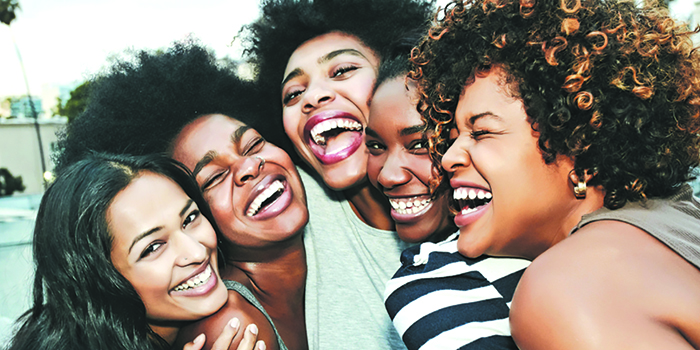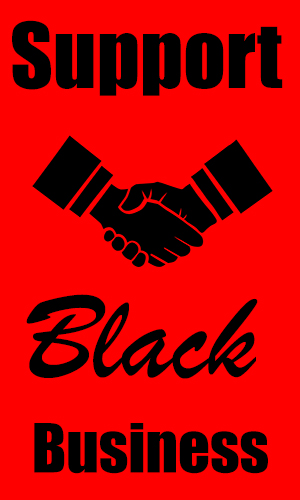
Having friends is good for one’s health

By Dr. Veita Bland

There is no doubt that we are very social beings. In most cases our family comes first, followed by a job, then hopefully we are getting a little exercise in and lastly our friendships. There are many scientists, who now believe we may need to look at that again.
We value our friendships but many scientists are now starting to question if we are valuing our friendships as much as we should.
Lydia Denworth has written a book about friendships. In this book, she looks at the work of anthropologists and neuroscientists to discover just how important friendships are.
In a recent study that was done at Harvard University, researchers took a look at men from ages 20 to 80. It was found that the single best predictor of health and happiness at 80 years of age was not how much money you had nor how far you went in your professional life. It was the relationships you had at age 50. Did you have good friendships at the age of 50?
So what makes a good friendship? A simple definition used by biologists is that a friendship is positive. It makes you feel good, it is long-lasting and stable and it has reciprocity and cooperation in it. There’s give-and-take. Friendship is about setting up your life so you have people you can rely on when you need them.
It’s interesting that different people do friendships different ways. Some have many friends, others have a few friends. There, though, is a major difference in quality of life to having one good friend versus having no good friends. The quality of the friendship is most important and not the quantity of the friends that you have.
There seems to be a chemistry between the people who you’re drawn to. You may be interested in the same things, you may be spending time at the same places. That is why close relatives have a head start on being a good friend because you spend more time with them.
You tend to be friends with people who are more like you. It is important that you share views about the world.
A study was done where people of the same social network had their brain activity monitored while they viewed a video. Researchers were able to determine, based on similarities in brain activity, which research subjects were friends and which ones were not.
The question here is, are we drawn to people who already see and process the world the way we do, or does that happen with time.
Today, there is a lot of concern about how social media activities affect friendships. In her book, Lydia Denworth says that it’s a net gain. People who are active on social media tend to have a wider, bigger, more diverse social network. She also states that they tend to use social media as an extra way to communicate with good friends.
Research has determined that social media use to cultivate friendships of older adults leads to positive social outcomes. Older adults may face difficulties getting out of the house or may not be as mobile as before but they can still communicate with their love ones and friends via social media.
One does not get all of the benefits of friendships just by using social media. It is very important that we maintain face to face encounters and conversations, especially when we’re looking to reap the proven health benefits of cultivating friendships.
Social media can have a negative on people who are experiencing depression or suffering from loneliness.
How long does it take to make a friend? To answer this question, University of Kansas Professor Jeff Hall followed college students over time. He also studied adults, who recently moved for a job. Hall found that it takes about 50 hours to go from considering someone as an acquaintance to a friend. His research also determined that it takes nearly 200 hours to consider someone as a best friend; and still you need the extra things such as affinity for the person as well as a shared world view.
The activities one does when getting to know a new friend matter. Scientists call it self disclosure. It means that you are spending time in intense conversation talking about your life and how you feel about your state of being. Such activities may include joking around or just catching up on what’s going on in someone’s life. The point is that you are letting that person know that you care and you value them enough to spend time listening to them. So it doesn’t have to be a heavy emotional conversation for these friendships to grow. Researchers also determined that time spent together helps bring people closer together.
We know friendships make us feel better, but is there evidence that these friendships are also good for our health?
Scientific studies have shown that friendships help improve one’s cardiovascular function, immune system and sleep. In conclusion, developing deep friendships can indeed improve your quality of life. Who is your best friend?
Dr. Veita Bland is a board-certified Greensboro physician and hypertension specialist. Dr. Bland’s radio show, “It’s a Matter of Your Health,” can be heard live on Wednesdays, 5:30 p.m. on N.C. A&T State University’s WNAA, 90.1 FM. Listeners may call in and ask questions. The show is replayed on Sirius 142 at 5 p.m. on Wed. Email Dr. Bland at ideas@blandclinicpa.com.

